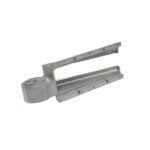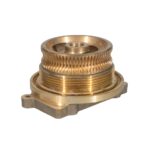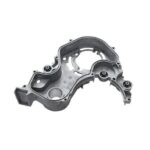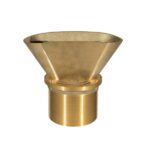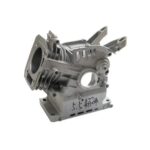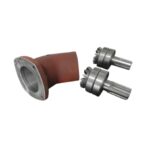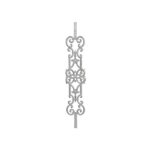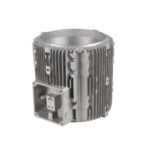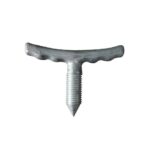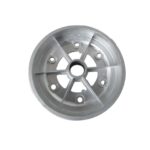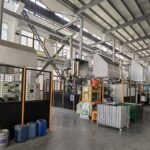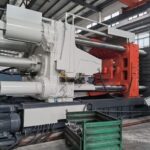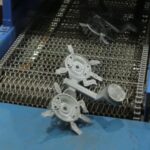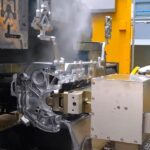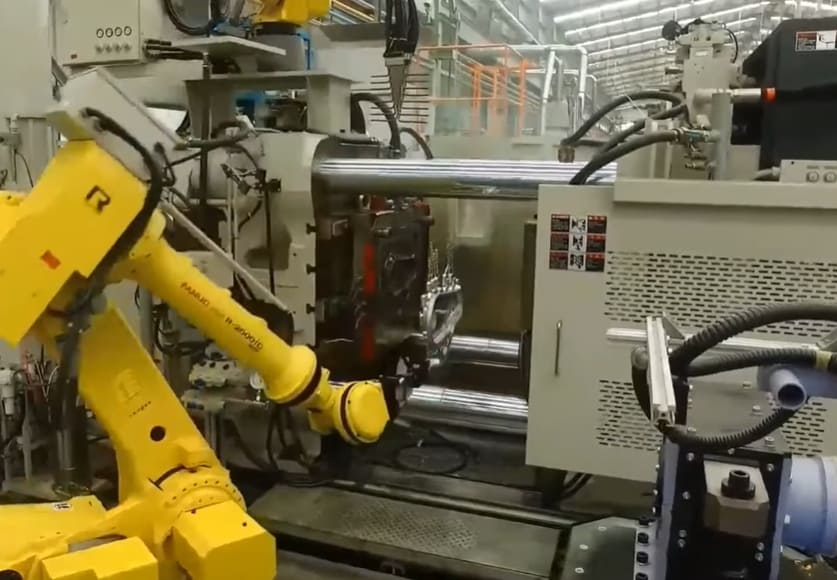
Aluminum die casting is a highly precise manufacturing process used in various industries, including automotive, aerospace, and consumer electronics.
The quality of the final product is significantly influenced by temperature control during the casting process.
This article delves into the critical aspects of temperature control and how it impacts the overall quality and efficiency of aluminum die casting.
Why Temperature Control is Crucial in Aluminum Die Casting
Temperature control is paramount in aluminum die casting as it directly influences the mechanical properties, dimensional accuracy, and surface finish of the cast parts.
Precise temperature management helps in avoiding common casting defects such as porosity, shrinkage, and cold shuts, ensuring a consistent and high-quality output.

Impact on Material Flow and Solidification
Maintaining the correct temperature ensures optimal material flow into the mold cavity, reducing the likelihood of incomplete fills or cold shuts.
The solidification process is equally important, as controlled cooling rates help in minimizing internal stresses and warping, which can lead to defective parts.
A well-regulated cooling process also aids in achieving the desired microstructure of the cast aluminum, contributing to its strength and durability.
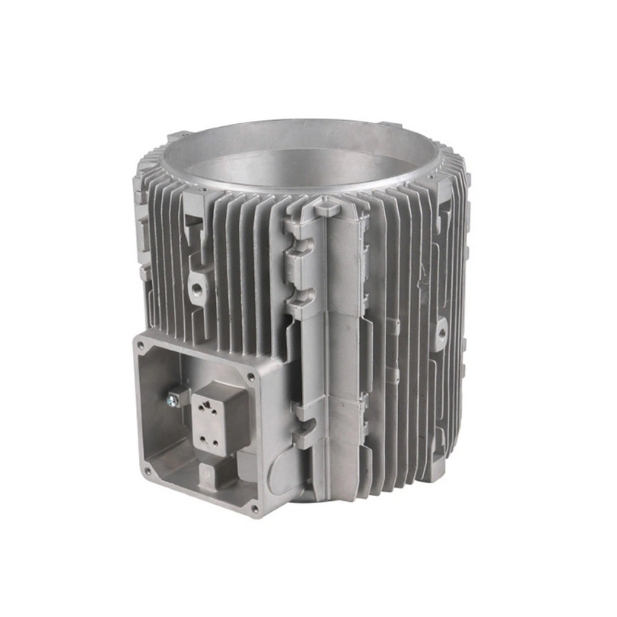
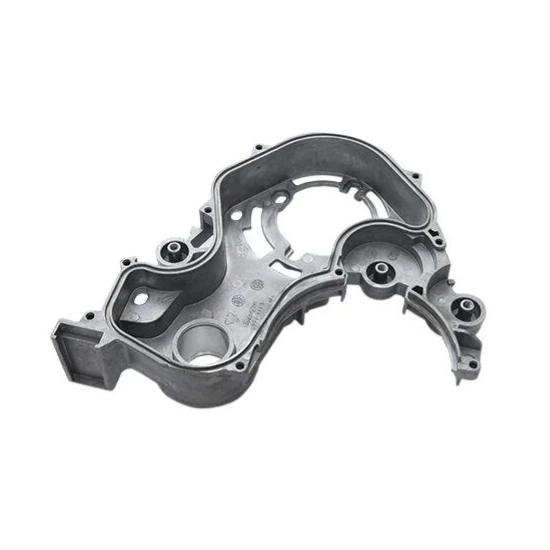
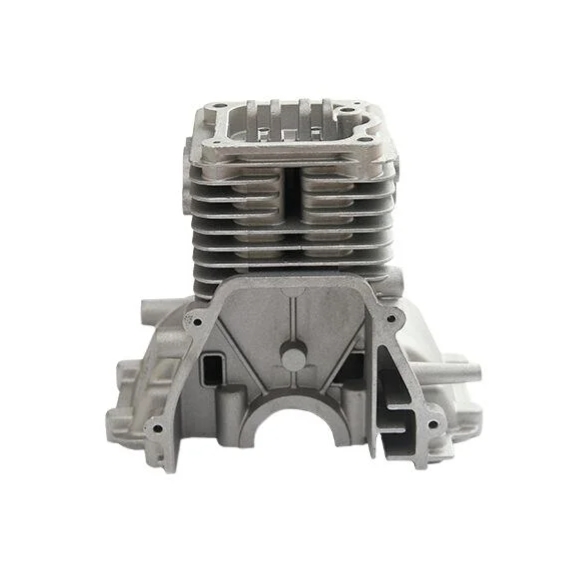
Optimal Mold and Metal Temperature
The temperature of the molten aluminum and the mold must be carefully managed to achieve the desired results.
Typically, the aluminum alloy is heated to a temperature range of 610°C to 750°C, depending on the specific alloy composition.
The mold temperature, on the other hand, should be maintained between 150°C and 250°C. Proper synchronization of these temperatures prevents rapid cooling that can lead to defects such as shrinkage or hot tearing.
Advanced Temperature Control Techniques
Modern die casting processes employ advanced temperature control technologies to maintain precise conditions. These include:
- Thermocouples: Embedded sensors that provide real-time temperature data for both the molten metal and the mold.
- PID Controllers: Proportional-Integral-Derivative controllers are used to regulate the heating and cooling systems, ensuring the temperature remains within the desired range.
- Automated Cooling Systems: These systems adjust the cooling rate based on the real-time data provided by thermocouples, optimizing the solidification process.
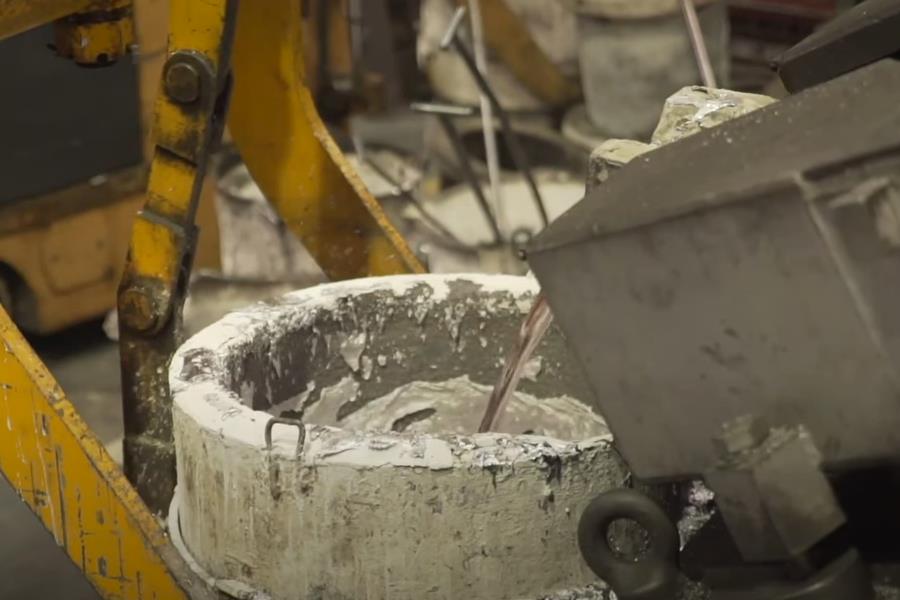
Benefits of Proper Temperature Control
Ensuring accurate temperature control throughout the die casting process offers several benefits:
- Enhanced Surface Finish: Proper temperature management results in smoother surfaces, reducing the need for secondary machining operations.
- Improved Dimensional Accuracy: Controlled temperatures minimize the occurrence of dimensional variances, ensuring parts meet precise specifications.
- Increased Production Efficiency: By reducing the rate of defects and rejections, temperature control enhances overall production efficiency and reduces costs.
- Longer Mold Life: Consistent temperature regulation reduces thermal stress on the molds, prolonging their lifespan and reducing maintenance costs.
Conclusion
Temperature control is a critical factor in aluminum die casting, influencing everything from material flow to final product quality.
By following these guidelines, manufacturers can significantly improve the quality and reliability of their aluminum die casting processes, ensuring that they meet the stringent demands of today’s industries.


